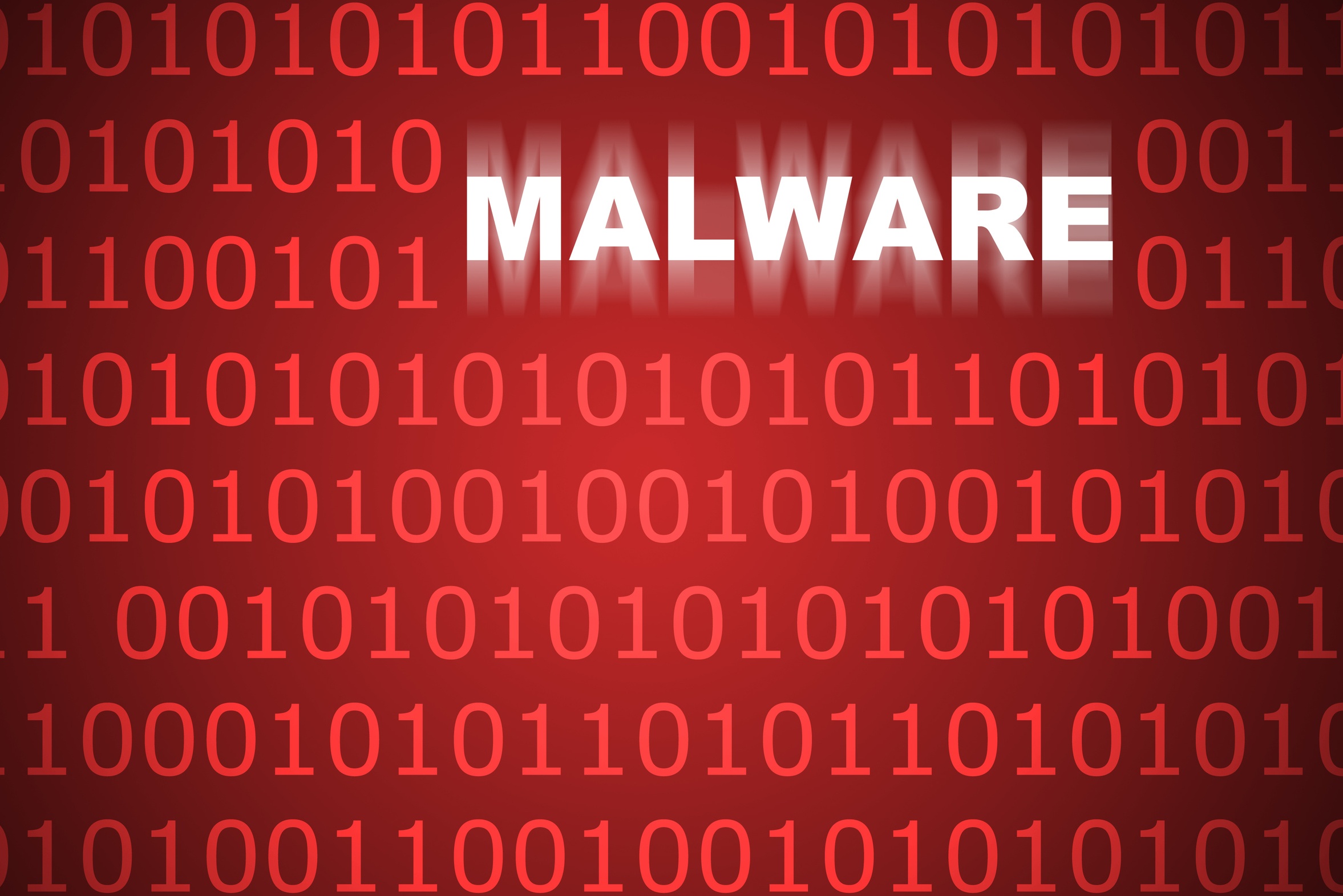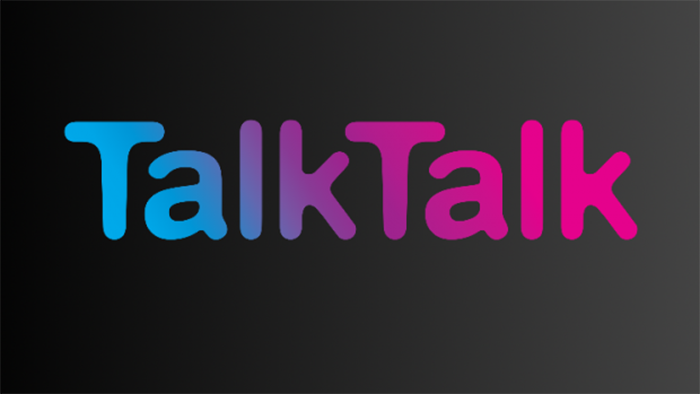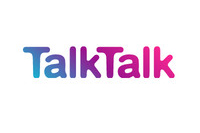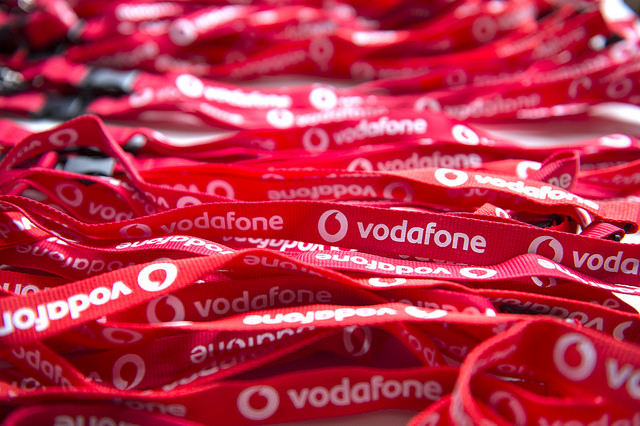New Mirai variant 'hijacked TalkTalk routers for botnet'
99% of the botnet routers belong to TalkTalk, says Imperva

Security researchers at Imperva yesterday said that a number of home routers have been hijacked by a new Mirai-based botnet, with 99% of them belonging to TalkTalk customers.
The attack appears to have taken advantage of a new TR-064 vulnerability, and researchers said this could be a "threat to customers of ISPs around the world".
TR-064 is a protocol adopted by most ISPs when remotely operating routers and uses port 7547 to receive remote commands.
Imperva said: "One such command is Time/SetNTPServers, used to synchronise a router with an external time source. However, this same command can also be modified to let hackers remotely execute bash commands."
Although the security firm had not found any routers with open 7574 ports, it discovered that some ports had been left open until a few days ago.
All of the 2,398 attacking botnet devices were said to be located in the UK.
Imperva said: "This kind of IP distribution is uncommon for DDoS botnets. Typically it indicates a vulnerability in a device supplied by local retailers, which allows for such a regional botnet to appear".
Get the ITPro daily newsletter
Sign up today and you will receive a free copy of our Future Focus 2025 report - the leading guidance on AI, cybersecurity and other IT challenges as per 700+ senior executives
The company had also found one of its clients, a Bitcoin company, had been hit by a series of GET and POST flood attacks on 5 December.
Imperva said it is hard to know for sure whether the malware that attacked these TalkTalk home routers was the same Mirai variant used in the Deutsche Telekom attack last week.
"The offenders' persistence, as well as its choice of targets, shows this to be a premeditated offensive- not the typical random burst launched from a rented DDoS-for-hire service," said the researchers.
According to Imperva, TalkTalk is aware of the attack and issued a fix for the TR-064 vulnerability and issued a fix for the vulnerability.
A TalkTalk spokeswoman said in a statement emailed to IT Pro: ""Along with other ISPs in the UK and abroad, we continue to take steps to review the potential impacts of the Mirai worm. A small number of customer routers were affected by this issue. We have made good progress repairing these and continue to deploy additional network-level controls to further protect our customers."
-
 Cleo attack victim list grows as Hertz confirms customer data stolen
Cleo attack victim list grows as Hertz confirms customer data stolenNews Hertz has confirmed it suffered a data breach as a result of the Cleo zero-day vulnerability in late 2024, with the car rental giant warning that customer data was stolen.
By Ross Kelly
-
 Lateral moves in tech: Why leaders should support employee mobility
Lateral moves in tech: Why leaders should support employee mobilityIn-depth Encouraging staff to switch roles can have long-term benefits for skills in the tech sector
By Keri Allan
-
 “It’s the legacy that gets you”, warns ex-TalkTalk boss
“It’s the legacy that gets you”, warns ex-TalkTalk bossNews Dido Harding urges companies to decommission unsecured legacy systems to avoid a costly data breach
By Adam Shepherd
-
 ICO fines TalkTalk £100k for data breach
ICO fines TalkTalk £100k for data breachNews Data watchdog found that the company failed to use adequate safeguards
By Clare Hopping
-
 TalkTalk hack: Two men plead guilty to TalkTalk hack
TalkTalk hack: Two men plead guilty to TalkTalk hackNews Tamworth pair admit to offences under the Computer Misuse act
By Rene Millman
-
 Data breaches 'have destroyed customers' trust in companies'
Data breaches 'have destroyed customers' trust in companies'News In the aftermath of TalkTalk and Ashley Madison hacks, people are less likely to give firms their data
By Lee Bell
-
 Why security sucked in 2015, and how to improve in 2016
Why security sucked in 2015, and how to improve in 2016Opinion Key security lessons to learn to protect your business in the New Year
By Davey Winder
-
 Hackers steal nearly 2,000 Vodafone customer accounts
Hackers steal nearly 2,000 Vodafone customer accountsNews Mobile operator blocks compromised accounts, urges customers to change passwords
By Rene Millman
-
 Making technical sense of the TalkTalk story
Making technical sense of the TalkTalk storyIn-depth Does TalkTalk deserve to be pilloried for this latest data breach?
By Steve Cassidy
-
 TalkTalk hack: should the company have encrypted customer data?
TalkTalk hack: should the company have encrypted customer data?Analysis TalkTalk's CEO has said the company didn't encrypt all its customer data because it wasn't obliged to. Is she right?
By Jane McCallion